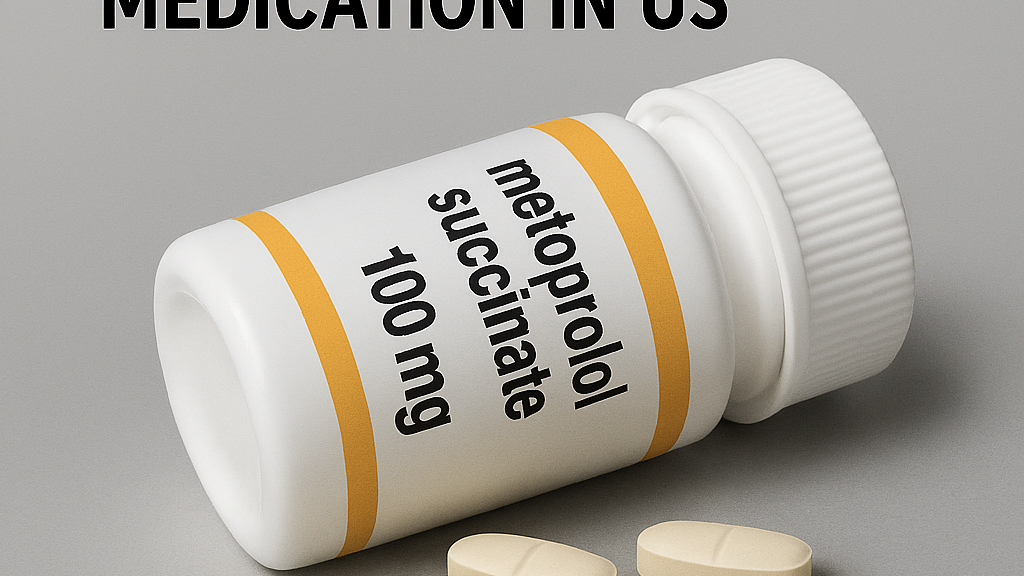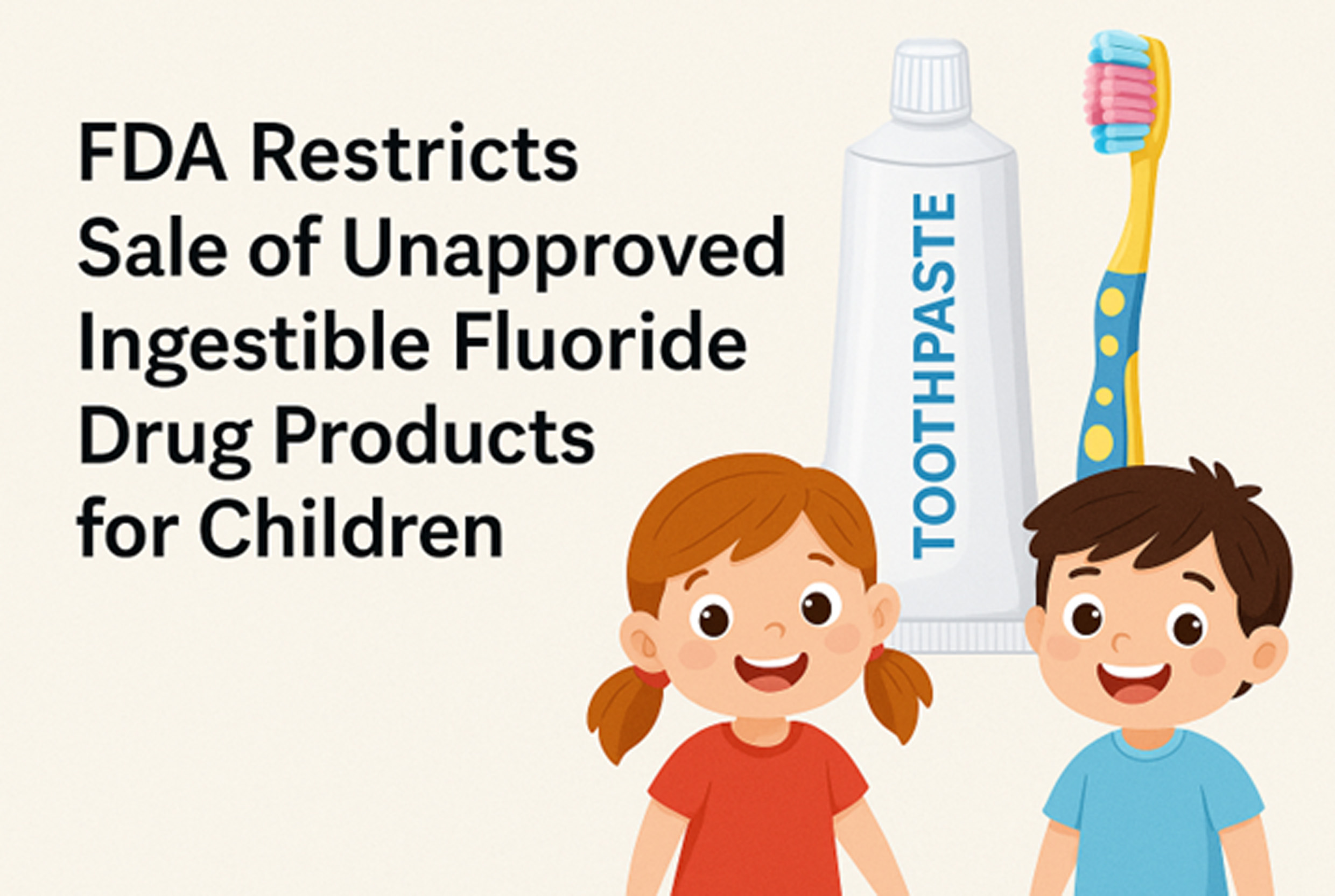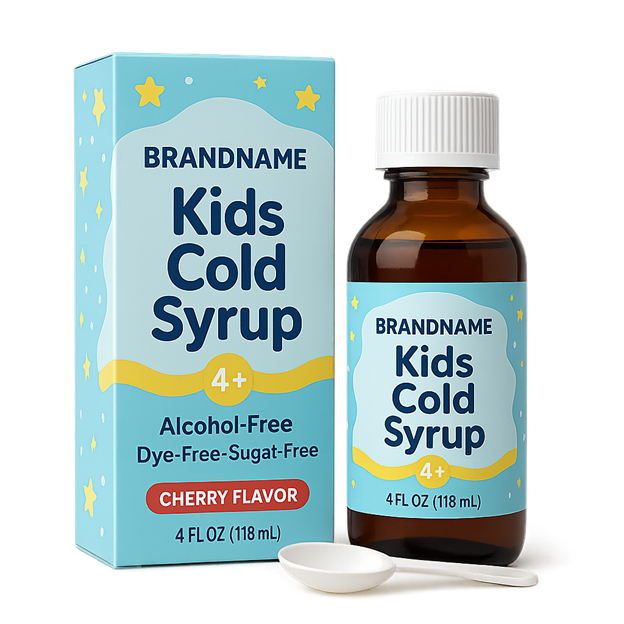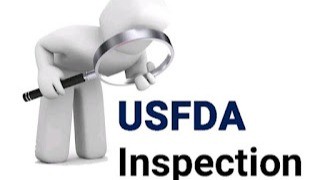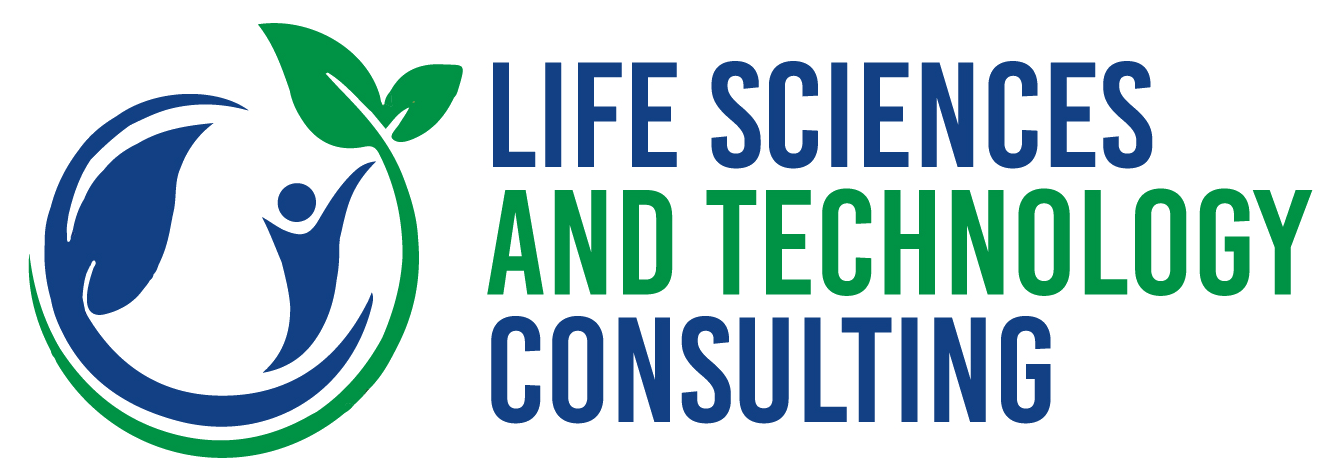The pharmaceutical industry continues to operate under the highest standards of scrutiny, especially when it comes to patient safety and manufacturing quality. A recent event involving Granules India Ltd., reported by The Economic Times, offers a valuable opportunity for the broader pharma community to reflect on the evolving demands of global compliance and operational excellence.
According to the report, Granules India has voluntarily recalled over 33,000 bottles of Lisinopril and Hydrochlorothiazide tablets from the U.S. market due to identified manufacturing deviations. The recall has been classified by the U.S. FDA as Class II, indicating that while any potential adverse health consequences are considered medically reversible, the action reflects a precautionary and responsible approach.
What Can the Industry Learn?
This development highlights the challenges that even experienced and well-established manufacturers face in today’s complex pharmaceutical landscape. It also presents an opportunity for the industry to revisit some key best practices:
- Reinforce batch consistency controls, particularly around dissolution, compression, and coating parameters
- Strengthen root cause analysis, ensuring that investigations identify both immediate and systemic contributing factors
- Enhance real-time monitoring and in-process testing to catch potential issues early in the manufacturing cycle
- Maintain robust supplier and material qualification processes to ensure consistent quality from end to end
- Communicate transparently and proactively with regulators, partners, and patients when deviations arise
A Responsible Approach and an Industry-Wide Reminder
Granules India’s decision to initiate a voluntary recall underscores the company’s commitment to compliance and patient safety. Such actions, while difficult, are part of what it means to operate responsibly in the global pharmaceutical environment.
For the broader pharma community, this serves as a constructive reminder: quality and trust are built not only through innovation and delivery but also through responsiveness, accountability, and continuous improvement.
This is not about pointing fingers, it’s about learning together. Every challenge faced in our industry can offer insight that strengthens systems, protects patients, and improves the way we work.
What are your thoughts on this latest recall by Granules India? Have you encountered similar quality issues or challenges with pharmaceutical supply chains?
We invite professionals in QA, Regulatory Affairs, and Supply Chain Management to share their insights.
Drop your comments below or message us directly to discuss how recalls like this impact patient safety, market access, and GMP oversight. Let’s Talk!

